The Underdog Effect: Psychology and Real Life Examples
- Neha Mishra

- Nov 26, 2020
- 4 min read
All of that struggle will come to fruition someday. Hold on. Hang tight. Life hasn’t been fair to you. You will be rewarded for making it through tough times.
Relatable?
Or is it relatable to an underdog?

Thinking why I said this? Well, this read’s topic is Underdog Effect, so you’ll know in a while.
From the story of a young boy (Dhirubhai Ambani) setting foot in the city of dreams with 500 rupees in his pocket, and building a billion-dollar empire, to the chap in The Karate Kid, the newbie participant against the tough champ, we have rooted for the “weaker” in situations where they are at a massive disadvantage. Odds of them performing exceptionally in such unfair circumstances were meager, nonetheless you, I, and most of us rooted for them. This is the underdog effect, and again, it’s a psychological phenomenon, which alludes respect to every self-made person. And we tend to take inspiration from their success stories; the stories of underdogs who perform against the odds and succeed.

We are admirers of a life full of hardships as long as it’s not ours.
Also, rooting for the deprived gives us a sense of restoring justice (only the sense, don't hope for more now).

We believe it leads to the shaping of exceptional human beings. So when an underdog wins against the so-called topdogs, well, kudos to the moral value attached to struggle and hard work. It’s a victory of the values we so fondly believe in.
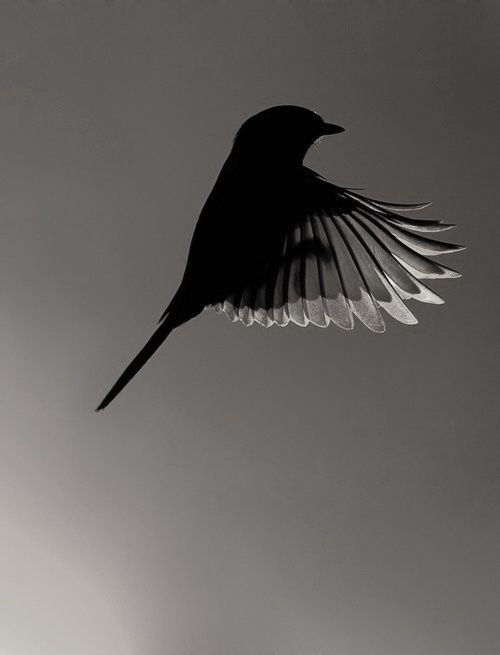
It is the breaking of established structures and positions by somebody who courage to challenge the top competitors and defeat them. Dedication and work overturn the tables of privileged and underprivileged, and we know in whose favor.

Why Underdogs Appeal To Us?
We are all strugglers in our life, believing that light is just on the other end. Even in adversaries, irrespective of the amount of work we put in, we like to hope that “this shall pass” and “achche din ayenge” (better days shall prevail). The underdogs winning the otherwise lost battle represents our own struggles and aspirations, if not our hidden potential to reach the top. It also somewhat gives a sense of fulfillment as if the victory belongs to us, restoring the faith that if they can, so can we.

History has eyed, more than love and compassion, struggle unites people. A lonely heart will be compassionate towards another lonely heart, and a struggling soul will relate to another struggling soul.
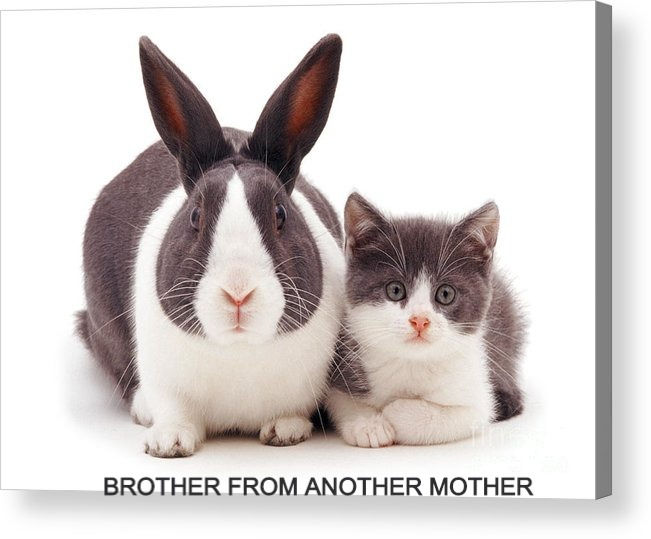
Branding:
Hey! I’m an underprivileged low-fund venture fighting against these huge commercial giants. I’m breaking sweat and blood every day and I would love your support.
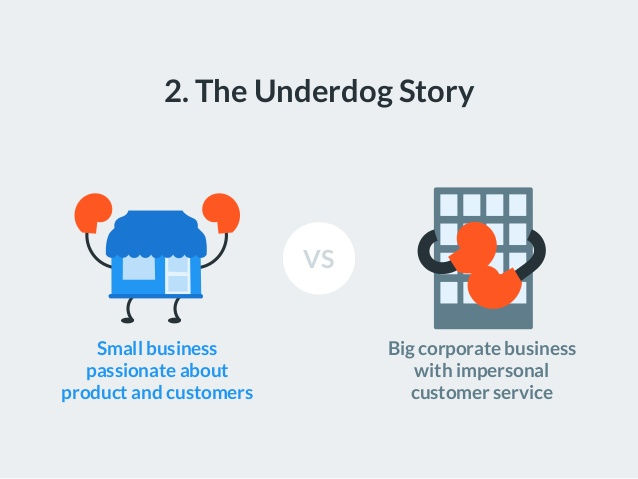
You might not hear these direct statements but yeah, this approach is common in underdog brands, who want to cultivate customer sympathy and loyalty. Proven by a study of Harvard, people tend to incline towards underdog brands when exposed to such tactics.
Politics:
Ahem! The forever controversial part. In 2014, a once-tea-stall-worker changed the narrative of Indian politics for at least a decade to come. Notice the psychological sympathy and pride here when a person from, apparently, such a disadvantageous position fought the well established political family who had all the resources and connections since the beginning and won it. No news channel missed the Chaiwala story.

Playing this tactic seems like a trump card (definitely not our Mr. Trump) for many prominent politicians that have been and will be. In fact, Barack Obama secured his second win in the American Presidential campaign by playing the underdog. It provided a contrast to set him apart from his opposition Republicans. Oh, quite a game it always is, with the underdog appearing as a fighter.
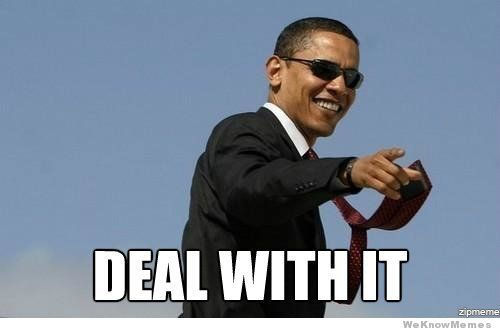
Underdog stories are always newsworthy:
Heard of that farmer’s daughter in a remote Indian village who scored 98%? The moment when you feared your parents would question your motivation towards almost everything starting from education ending to life.

Nepotism:
One born in a privileged family has the access to resources and that explains their up-skilling and the opportunities they get. But masses are happier with the underdogs breaking in with excellent performance, simply because it’s a hope that even in biased circumstances the diamond will shine.

With time the underdogs give rise to topdogs and we lose sympathy for their successors in that regard. Take the Ambani brothers as explanandum, who inherited business, knowledge, and other resources from their father Dhirubhai Ambani. The two topdog sons of an _____ father. (You can fill this.)

Reality shows:
Bas title hi kaafi hai. It’s a business of TRP with the secret recipe (not so secret) of weaving an underdog narrative around the participants. You don’t have a compelling disadvantage to harness pity and support (votes too) in the eyes of the audience? Tata bye-bye. It doesn’t have stage and screen time for anything that’s non-spicy or non-emotional. A participant is no participant with no story.

Do you think your sympathy is only for the underdogs who win something in the end? How about selfless incredible people who rarely demand anything in return or people who pass unrecognized?
Either way, these are the people who strive to establish equilibrium in the otherwise disproportionately powered and divided society with secured positions difficult to break. More power to you, you Underdog!
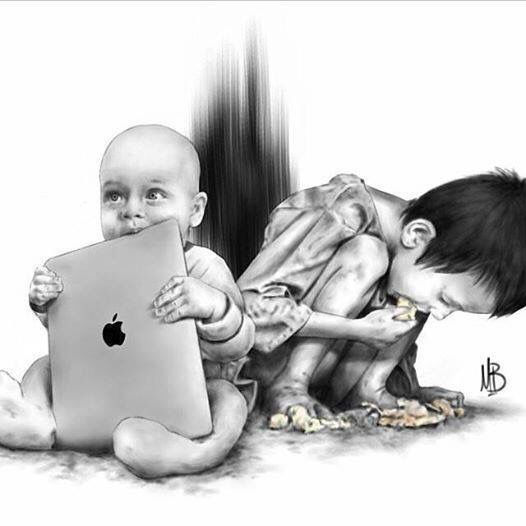
SHARE THIS ARTICLE AND HELP US GROW :)
References:



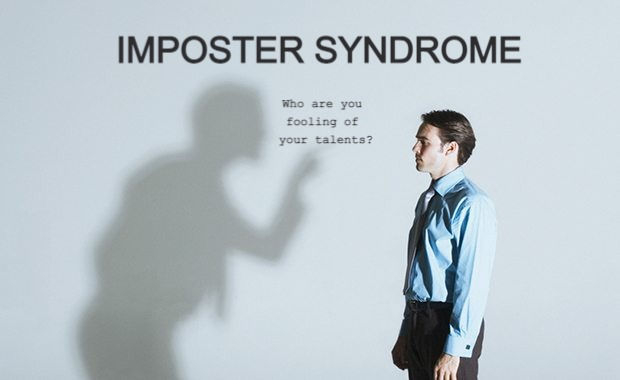
Comments